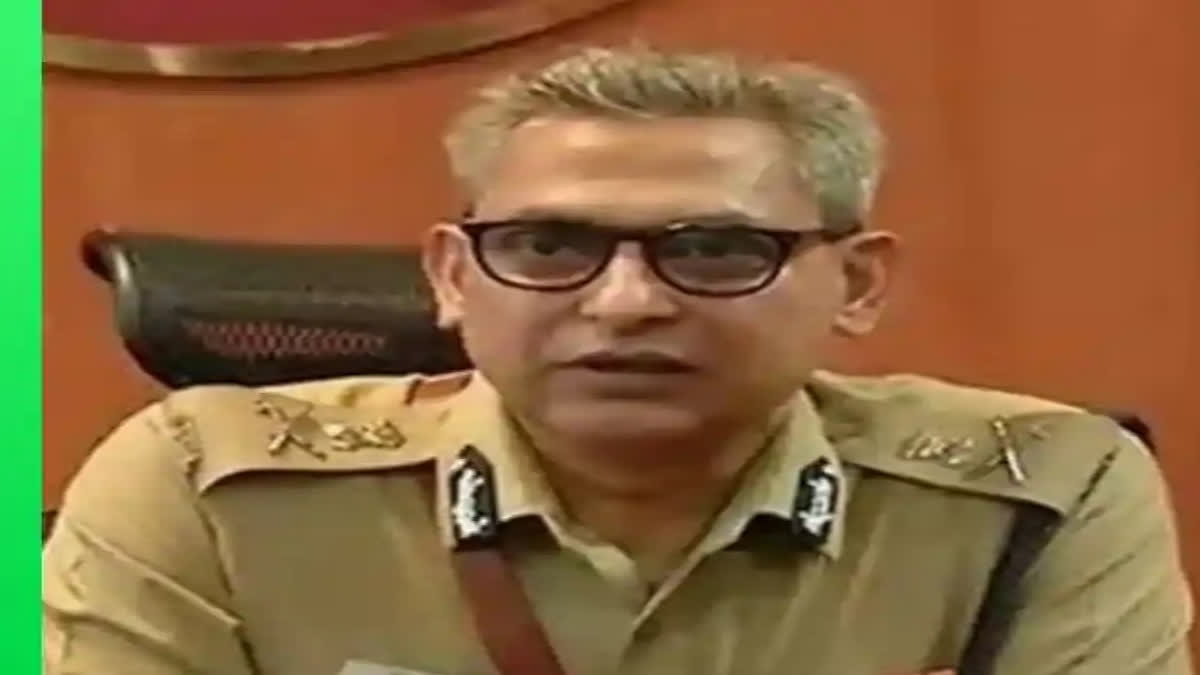New Delhi: The Tamil Nadu Director General of Police on Monday told the Supreme Court that Chief Minister MK Stalin issued no oral orders to disallow any events like special poojas on the day of the Pran Pratishta in Ayodhya, but data produced by him before the court shows that the authorities allowed only four out of a total of 288 petitions received and rejected applications for live streaming of the event in temples and other indoors.
The Tamil Nadu DGP stressed that the petitioner is attempting to portray the government as anti-Hindu, which is “totally false and condemnable”. The DGP, in an affidavit in the apex court, said police across the state received 288 petitions regarding the Lord Ram temple event at Ayodhya. These petitions were about requests for the conduct of processions, bhajans, annadhanams, live streaming through LED screens in public places and live streaming in and around private temples and temples under the HR & CE department. Out of 288, four were permitted, 146 were rejected, which included seven petitions for live streaming in temples and other indoors – and 138 petitions were kept pending for verification (out of these eight were for live streaming in temples and other indoors).
Today, a bench of justices Sanjiv Khanna and Dipankar Datta was told by Tamil Nadu government counsel that 36 permissions were denied due to apprehensions over law and order. The apex court was informed that the issue of denial of permissions is already pending before the Madurai and the Madras benches of the high court, and therefore, this matter be disposed of. The state’s counsel said they received 288 applications, out of which 252 were allowed. The apex court asked the state’s counsel to file an affidavit giving details of the permissions granted and rejected within 15 days as well as on what issues are pending before the two benches of the Madras High Court. The apex court has listed the matter for further hearing after 15 days.
The apex court, on January 22, had taken exception to alleged oral orders issued by the Tamil Nadu government, restricting the live telecast of 'Pran Partishtha' consecration ceremony of Ram temple at Ayodhya and the performing of 'puja' and rendering of 'bhajans' in the state. Citing paragraphs from the petition, the DGP's affidavit said the contents in these paragraphs were unwarranted and derogatory against the Chief Minister and “the petitioner has portrayed the Tamil Nadu government as anti-Hindu, which is false and condemnable”.
The police chief, in the affidavit, said that in all the 252 places where the events were conducted on January 22, the police provided sufficient bandobust and regulated the event without any law-and-order issues, but denied it in 36 other places, “considering the local sensitivity and other anticipated law-and-order issues”.
The police said out of 288 petitions, which were received till January 20, local unit officers permitted four events, rejected 146 events based on local prevailing issues and 136 petitions were at the stage of verification. Meanwhile, the petitioners approached the benches of the High Court, which disposed of the matter by giving directions to the police. “Based on the directions, the rejected petitions and the petitions which were getting verified were considered...overall 252 events were allowed to be conducted both indoor and outdoor”, said the police, in its affidavit.
The top police officer was responding to a petition filed by Chennai resident Vinoj Pannerselvam, represented by senior advocate Dama Seshadri Naidu and advocate G Balaji. The petitioner had alleged that an “oral” order was issued by the Chief Minister to ban the live telecast and conduct of religious events in connection with the inauguration of the Ayodhya Temple on January 22.
On January 22, the apex court said the state authorities can't reject the applications for holding 'puja' and other celebrations on the ground that the minorities are living in nearby localities. The bench, in its January 22 order, said: “We believe and trust that the authorities will act under the law and not based on any oral instructions. The authorities, while examining any application for permission for procession, shall proceed under law and shall record reasons, if any, for rejecting the application”.
It further added, “The authorities will maintain data regarding the applications received and the reasons given for allowing or disallowing such applications. While examining such applications, the authorities will keep the relevant parameters, as laid down by law and judgments of the courts, in mind”.



